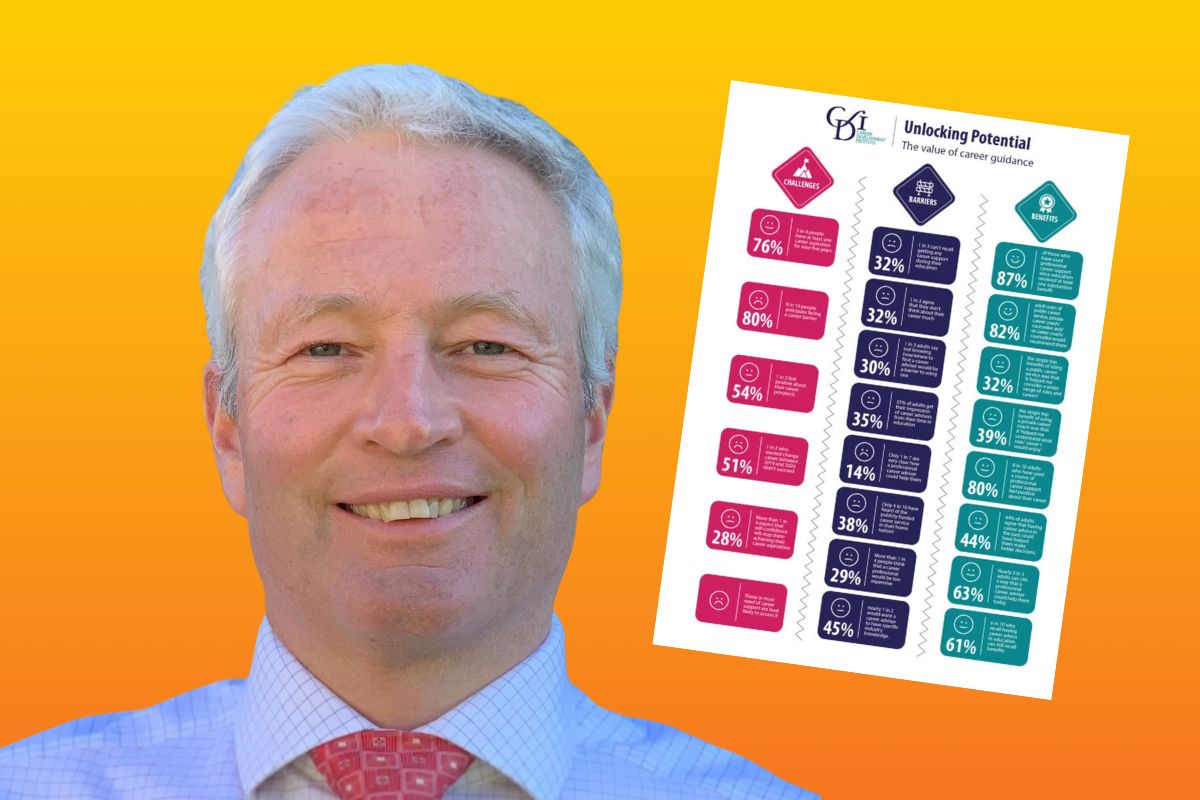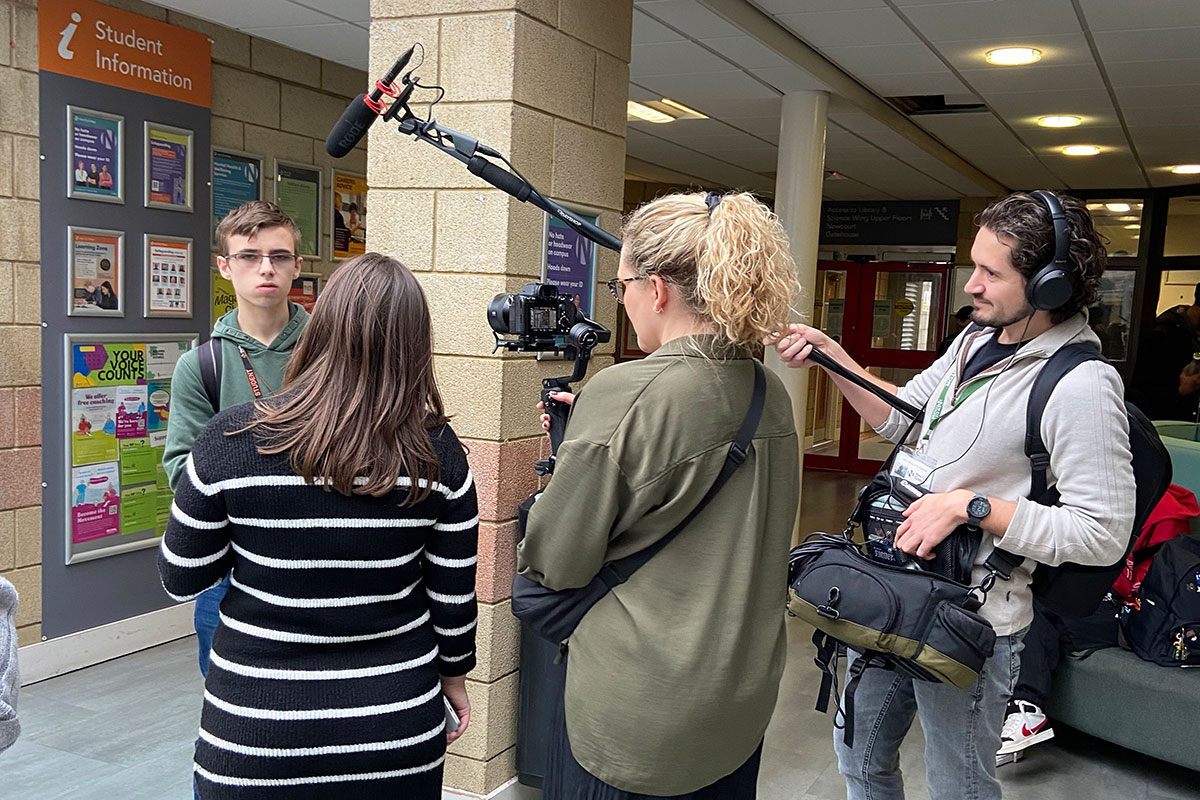New ESFA funding rules for learning support released – Sector Reaction

The publication of the new funding rules for 2022 to 2023 from the ESFA (Education and Skills Funding Agency) consolidate last year’s changes which had made the evidence requirements more rigorous and emphasised the need for more robust systems and process than in previous years.
Many voices in the FE and Skills sector were part of the consultation process for these new rules. The inclusion of assessment for learning needs as part of a robust initial assessment process supports early identification of learning difficulties and/or disabilities and timely access to support for every learner who requires reasonable adjustments to complete their programme, especially for apprentices with hidden learning needs.
These new funding rules reinforce the steps providers must take to evidence learning support, including:
- Documented evidence of the apprentice’s learning difficulty or disability
- A further assessment of how an apprentice’s learning difficulties and/or disability (LDD) would directly impact a learner’s ability to complete their programme without appropriate support.
- Details of the reasonable adjustments necessary to enable the apprentice’s success.
- A documented plan for delivering reasonable adjustments agreed to and signed off by the apprentice.
ESFA Two-step process: Identify the need and Determine the Impact
For people familiar with last year’s change, you’ll be aware that ESFA requires a two-step process. Firstly, to identify the need, and, secondly, to determine the impact of that need on the chosen Standard.
As a provider of a digital cognitive assessments, Cognassist fully agrees with this two-step process introduced by the ESFA and believes that a holistic view of a learning need should include an understanding of any direct impact of learning needs upon the chosen qualification.
In the new rules, the ESFA clearly state, “We do not specify which assessment tools must be used; this is for you to determine.” (Paragraph 23, Main Provider Rules)
Discretionary use of Assessment Tools
The assessment tools used to identify learning difficulties or disabilities during initial assessment are discretionary, and cognitive assessments can absolutely be used as part of this process. It is the fact that additional information may need to be gathered as part of the assessment of learning difficulties/disability, alongside a digital cognitive assessment. The same would be expected of providers using paper-based assessments or screening tools. The International Testing Commission, a psychological and educational sciences body, acknowledges and supports technology-based assessments, and increasing access to cognitive assessments through technology is hugely valuable when it comes to providing accessible and inclusive apprenticeships.
Cognassist has always recommended that staff working directly with apprentices speak to them about their cognitive assessment results to help identify learning difficulties that will directly impact the apprentice’s ability to complete their apprenticeship. It helps to ask if learners have experienced difficulties with learning previously and if they feel that they require support with their identified needs to get the most out of their apprenticeship and to stay on their programme.
Considered Thought needs to be given if Cognitive assessment results will impact the learner
Careful and considered thought needs to be given as to whether cognitive assessment results would impact a learner’s ability to complete their apprenticeship, including their functional skills requirement, off-the-job training and end-point assessment. It is vital that any reasonable adjustments given to a learner should go right through to end-point assessment.
Mencap, the UK’s leading learning disability charity, released the Accessible Apprenticeships Report in 2021, which surveyed apprenticeship employers and training providers. Mencap sought sector views on their proposal to expand the adjusted minimums to people with an LDD who do not have evidence of an Education, Health and Care Plan (EHCP), Statement of Special Educational Needs (SEN) or Learning Difficulty Assessment (LDA). They outlined some key finding in the report:
“We believe the means to evidence of an LDD and the need for adjusted English and maths minimum should include cognitive assessments. Our survey found 96% of apprenticeship employers and providers agree that people with an LDD should qualify for adjusted minimum standards based on a cognitive assessment rather than [only using] evidence of an EHCP or a Statement of SEN/LDA.”
Improving support and positive outcomes for apprentices
Cognitive assessments can play a key part in improving support and positive outcomes for apprentices, ensuring that providers are properly considering the implications of these results on a case-by-case basis.
In a recent survey sent to over 30 clients, Cognassist asked what organisational changes providers had seen since using Cognassist. The top three results were improved knowledge of neurodiversity internally, improved support process and evidence, and improved identification of learning needs.
As with the funding rules in previous years, providers do not need to rely on self-declaration of a previously issued EHCP, a Statement of SEN or an LDA.
Access to Learning Support Funding
Access to Learning Support Funding can be provided for “apprentices who have not previously had a learning difficulty or disability identified, but in relation to whom the main provider has identified a learning difficulty or disability (as defined in Section 15ZA(6) of the Education Act 1996) that would directly affect the apprentice’s ability to complete their apprenticeship.” (Paragraph 83, Main Provider Rules)
The changes to the rules give a clear indication of the importance of assessing learning needs on enrolment as a quality measure
The changes to the rules give a clear indication of the importance of assessing learning needs on enrolment as a quality measure, demonstrated by the ESFA’s new rule that “Your initial assessment must include: […] Identification of any learning difficulties and / or disabilities[.]” (Paragraph P24 and P24.3)
One of the ways providers can improve and build upon their evidencing processes is with Mesma’s Quality Assurance Framework. Created in collaboration with Cognassist and a sector working group, this framework offers a self-assessment framework to support five key pillars of the learning journey to support LDD learners.
The Institute for Apprenticeships and Technical Education (IfATE) also offers end-point assessment reasonable adjustment guidance and a downloadable reasonable adjustment matrix. Providers must assess the suitability of these adjustments based on their own reasoning, conversations with the learner and, where necessary, consultation with the relevant awarding organisation.
Learning Support Funding remains fixed at £150 per month
Learning Support Funding remains fixed at £150 per month and can only be claimed for each month where reasonable adjustments incur a cost. The Earnings Adjustment Statement is available for additional costs over this amount that can be evidenced.
New to the 2022 to 2023 rules, Paragraph 78 outlines the initial evidence required to qualify for Learning Support Funding and Paragraph 80 lists the ongoing evidence required for each learner receiving LSF on a monthly basis. Progress reviews are now a monthly requirement for LSF claims and any reasonable adjustments in place should be discussed with the learner to monitor effectiveness or make changes.
These clarifications and others included in the new funding rules have been welcomed by many in the sector and show an overall increase in the focus on improving learner support in the FE and Skills sector.
Whether education providers are claiming for Learning Support Funding or not, learner support needs to be an integral part of the learner journey. While funding can provide a vital resource to improve and maintain support processes and ensure learners with learning difficulties and disabilities (LDD) get the best experience, funding should never be a barrier for learners receiving the support they need.
Increasing access to support and removing barriers within apprenticeships is key to meeting the 67% achievement rate target by 2025. Funding is one of many resources providers can use to bring positive change within the sector and, most importantly, for learners.
Sector Response
Chris Quickfall, CEO at Cognassist said:
“The ESFA has taken the time to listen to many of the concerns and queries of leaders in the sector around previously drafted rules, the publication of these finalised rules furthers an ongoing commitment to quality and improving achievement rates for disadvantaged learners.”
Stewart Segal, Chair of the Learning Support Working Group and Chair at Youth Employment UK comments:
“In a sector that has seen a huge amount of disruption during the pandemic, it is vital that providers get the support they need to give apprentices with learning difficulties and disabilities the best chance of success. I hope the new clarifications in the new rules give providers the confidence to claim and evidence decisions around Learning Support Funding. This will ensure that all learners that need additional support receive the adjustments and personalised learning that they need and deserve within our sector.”
David Lockhart-Hawkins, MD at Lockhart-Hawkins and Strategic Associate at SDN said:
“Providers have not fully adapted to last year’s changes to the funding rules and the benefits of thorough assessment of need within the context of programme initial assessment. In the focus on analysis of whether someone has knowledge, skills or behaviours the reality of how long those will take to embed is all too rarely considered. For example, if someone needs adaptations to programme design as reasonable adjustments then this may result in a longer programme to achieve the same objectives as someone without an adjustment but too few providers think about variable durations and simply look to increase resource within an original programme timeframe. With the measurement of past planned end date within the accountability framework this might be something to think about. I do think providers need to be thinking of allocating greater resource to support needs identification prior to agreeing programme content if they want to increase the quality of initial assessment, and identification of potential learning difficulties or disabilities is certainly a key part of that.”











Responses